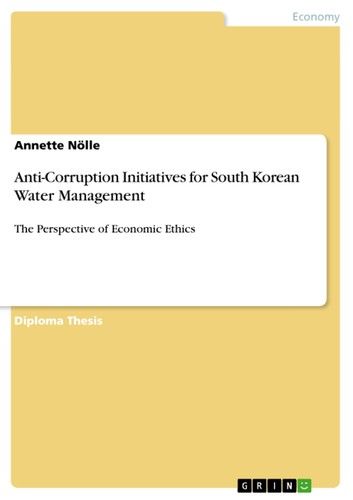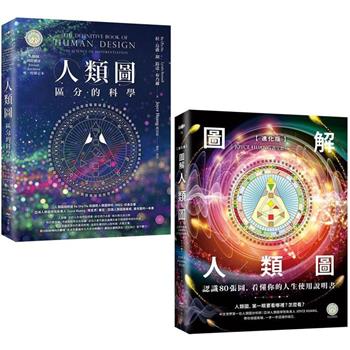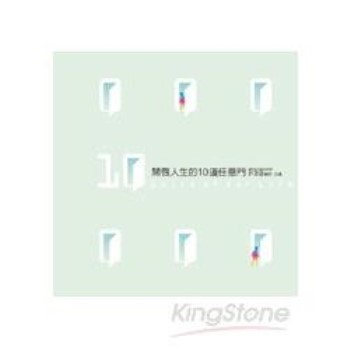Diploma Thesis from the year 2010 in the subject Business economics - Business Ethics, Corporate Ethics, grade: 1,3, Martin Luther University, language: English, abstract: Corruption, defined as the 'abuse of entrusted power for private gain,' has been a recurrent theme throughout South Korean (hereinafter referred to as Korean) history. Since Korea joined the Organization for Economic Cooperation and Development (OECD) in 1996, it has continuously been ranked among the lowest 20th percentile in Transparency International's Corruption Perceptions Index (CPI) barometer. The term of corruption primarily refers to the public sector. Therefore, Shleifer and Vishny offer a more narrow definition of corruption as being 'the sale by government officials of government property for personal gain.' Corruption occurs at the interface between the public sector and the private one, whenever a public official is endowed with the discretionary power over the distribution of goods and services. The consequences of corruption are multifarious, including the lowering of investment and economic growth, a loss of tax revenue, adverse budgetary consequences, for instance by reducing the level of tax collection, and a reduction of the effectiveness of aid flows in developing countries and distortion of the composition of government expenditures. One sector that is known to be very susceptible to corruption is the construction sector, covering major public investment projects. The execution of these projects is usually contracted out by the government. Rent-seeking is among the key components of any corrupt act and large infrastructure projects are characterized by huge size and high capital intensity, making corruption in this sector more profitable than in any other sectors. In the following paper, the problem of corruption in major infrastructure projects will be analyzed with a special focus on the water sector. Chapter two offers an analysis of the problem of corruption using two economic approaches, the principal agent theory and a game theoretical analysis of the problem and its solutions. Special focus will be led onto the problem of corruption in major infrastructure projects, as well as the introduction of the integrity pact as a device to combat corruption in this sector. Chapter three presents a case study of the Korean water resource management sector and its efforts to combat and prevent corruption.The last chapter evaluates the initiatives taken by Korean society to combat and prevent corruption in the water management sector. It draws conclusions upon this evaluation, recommendation are being made.











